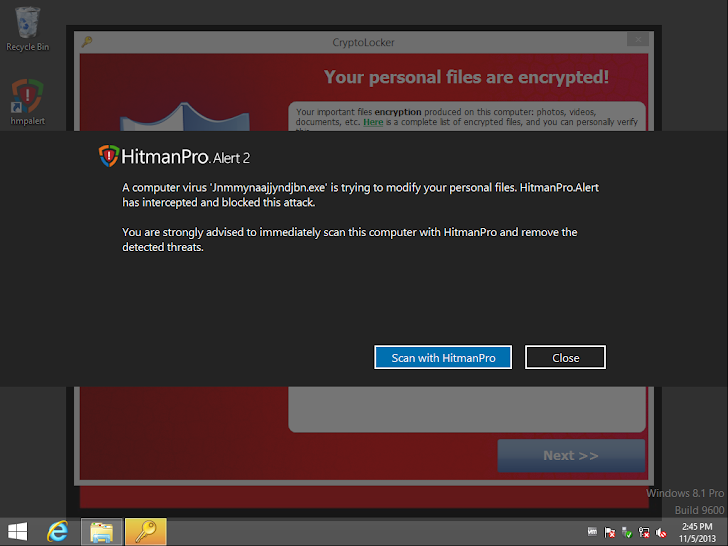

The only differences between these viruses are size of ransom and type of encryption algorithm (symmetric/asymmetric) used. Odin, and HappyLocker. As with *.cryptolocker, other ransomware infections encrypt files, lock computer screens, and make ransom demands. Research revealed dozens of ransomware-type viruses similar to *.cryptolocker. Screenshot of a message encouraging users to pay a ransom to decrypt their compromised data: Therefore, the only solution is to restore your files/system from a backup. There are currently no tools capable of cracking asymmetric cryptography and restoring files encrypted by *.cryptolocker ransomware. Thus, paying does not guarantee that your files will ever be decrypted and it is highly probable that you will be scammed. Despite these threats, you should never trust cyber criminals - they often ignore, even after payments are submitted. It is also stated that this payment must be submitted within the given time frame (lock screen contains a date), otherwise the private key is permanently deleted and decryption becomes impossible. To receive this key, victims must pay a ransom of. Cyber criminals store this key on a remote server and generate revenue by blackmailing victims. Be aware that public (encryption) and private (decryption) keys are generated when encrypting files with asymmetric algorithm.ĭecryption without a private key is impossible. Unfortunately, this information is accurate. *.cryptolocker's lock screen states that files have been encrypted using asymmetric cryptography (RSA-2048) and that they can only be restored using a unique key. Following successful encryption, *.cryptolocker locks the computer screen and displays a ransom-demand message. For instance, " sample.jpg" is renamed to " ".

cryptolocker" extension to the name of each file. *.cryptolocker was first discovered by Fabian Wosar.įollowing infiltration, *.cryptolocker encrypts files using RSA-2048 cryptography. *.cryptolocker is ransomware-type malware that claims to be a high-risk virus called CryptoLocker.


 0 kommentar(er)
0 kommentar(er)
